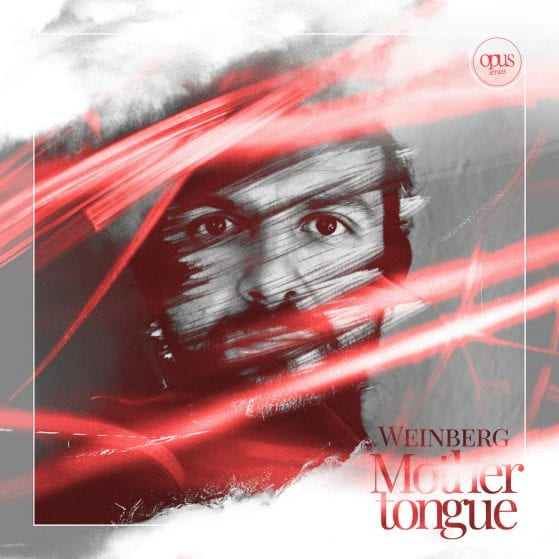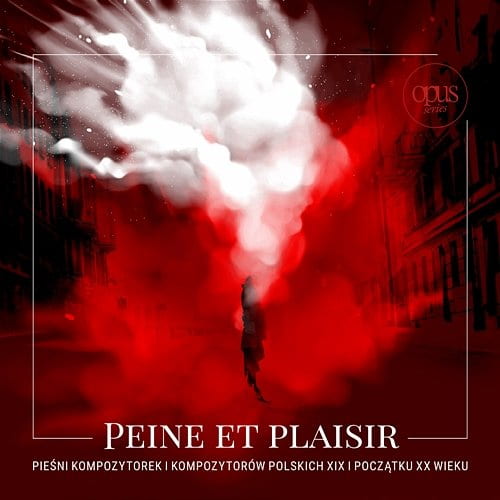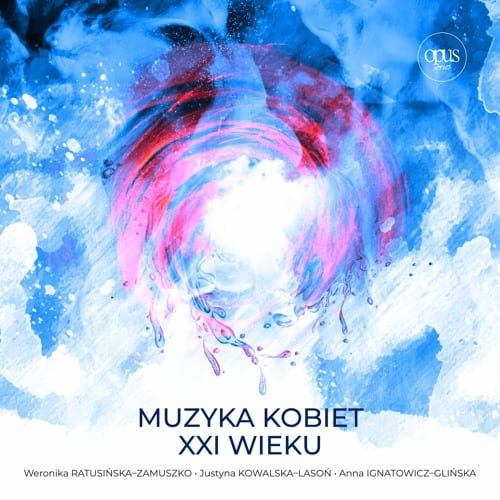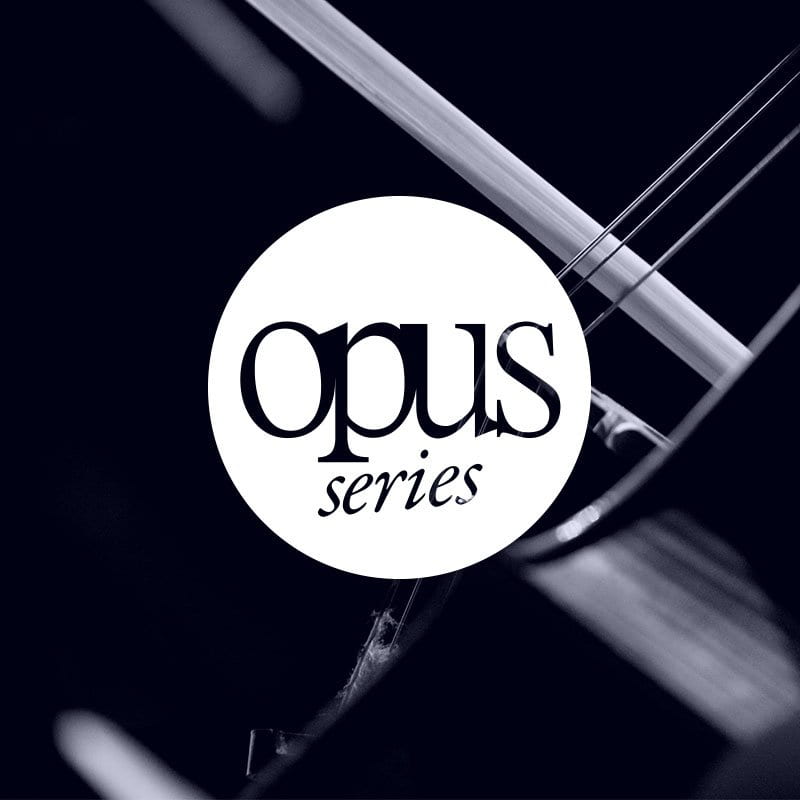Opus Series Records aims to present contemporary music in a manner that can be broadly understood by a wide audience. The last few decades have shown that the richness of new music styles does not allow for the easy classification of creative phenomena, which is why the Opus Series documents a wide range of music currently being created: from compositions for classical instruments through works involving live electronics and improvisation, to new phenomena in the context of the musical art of bygone eras. The Opus Series label has released several interesting albums lately that cover many aspects of this range.

Mother Tongue—songs for bass-baritone by Mieczysław Weinberg
Although he spent most of his life in the Soviet Union, Mieczysław Weinberg was always fond of the Polish language and poetry. Photographs of his friend and mentor, Dmitry Shostakovich and his favorite poet, Julian Tuwim, were prominently displayed on the wall above Weinberg’s Moscow studio’s desk. Among his numerous song cycles, Tuwim was the author Weinberg chose most often.
Mother Tongue, the Opus release of the complete songs by Weinberg to texts in Polish is the first such recording in the world. The world premiere of this repertoire was presented in Hanover, Germany in 2018 and a year later at the POLIN Museum of the History of Polish Jews in Warsaw. The idea for this presentation came from the bass-baritone Tomasz Raff, who appears on the CD with pianist Mischa Kozłowski. The song cycles include O siwa mgło [Grey fog], Op. 84 (1964), to poems by Julian Tuwim, Triptych, Op. 99 (1968) to texts by Leopold Staff, Profile, Op. 88 to words by Stanisław Wygodzki and Souvenir, Op. 132 (1981) to words by Elżbieta Szemplińska.

Peine et plaisir—Pieśni kompozytorek i kompozytorów polskich XIX i początku XX wieku
This interesting release focuses mainly on Polish women composers active throughout the 19th and early 20th century. Among the better-known names, such as Maria Szymanowska (1789-1831), we also find vocal works by Zofia Wróblewska-Obtułowicz (1889-1967), Ryta Gnus (1881-19??), Leokadia Myszyńska-Wojciechowska (1858-1930), Irena Białkiewiczówna (1891-1957), Ilza Adelajda Sternicka-Niekraszowa (1898-1932), and Helena Dorabialska (1895-1944).
Songs by these little-known composers utilize poetry by Alexander Pushkin, Julian Ursyn-Niemcewicz, Kazimierz Przerwa-Tetmajer, Adam Asnyk and Adam Mickiewicz, in addition to the composers’ own texts. Artists featured on this recording include soprano Katarzyna Drelich and mezzo-soprano Zuzanna Nalewajek as well as pianists Kamil Borkowski, Wojciech Kruczek and Mateusz Krzyżowski. Musicologist and researcher, Professor Iwona Lindstedt, provided source and performance materials for this very rare repertoire.

Muzyka kobiet XXI wieku—Weronika Ratusińska–Zamuszko • Justyna Kowalska–Lasoń • Anna
Ignatowicz–Glińska
Another fascinating and timely recording in the Opus Series comes thanks to the initiative of the Czas Sztuki Foundation board and The Time Quartet. According to the accompanying description, this release is based on “post-modern and minimalist harmonies that also reference sacred and folk music.”
The composition Agnus Dei by Weronika Ratusińska-Zamuszko was commissioned by the Czas Foundation and world-premiered in 2018. It combines motives of folk music with string quartet textures. Ratusińska- Zamuszko is also represented on this recording by her II String Quartet, Ostatnie chwile [The Last Moments], inspired by poetry by women inmates of the Ravensbrück Nazi concentration camp. Justyna Kowalska-Lasoń’s A Light Exists in Spring was inspired by poetry by Emily Dickinson and the opening work, Praeter by Anna Ignatowicz-Glińska seems to evoke primordial sounds of nature.
The performing forces for this CD also represent an almost all-women crew, including vocalist Weronika Grozdew-Kołacińska, and The Time Quartet members: violinists Maksymilian and Katarzyna Grzesiak, violist Aleksandra Demowska-Madejska, and cellist Małgorzata Maśluszczak.
[Source: opus-series.com]
